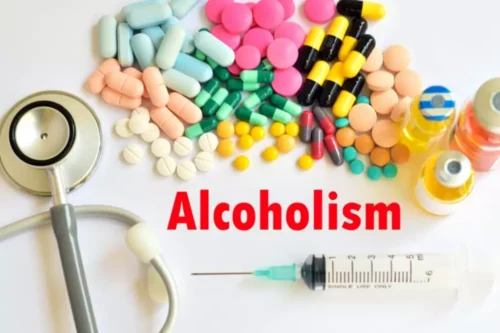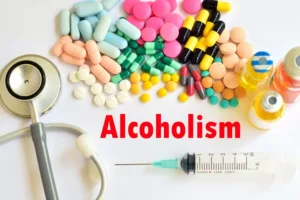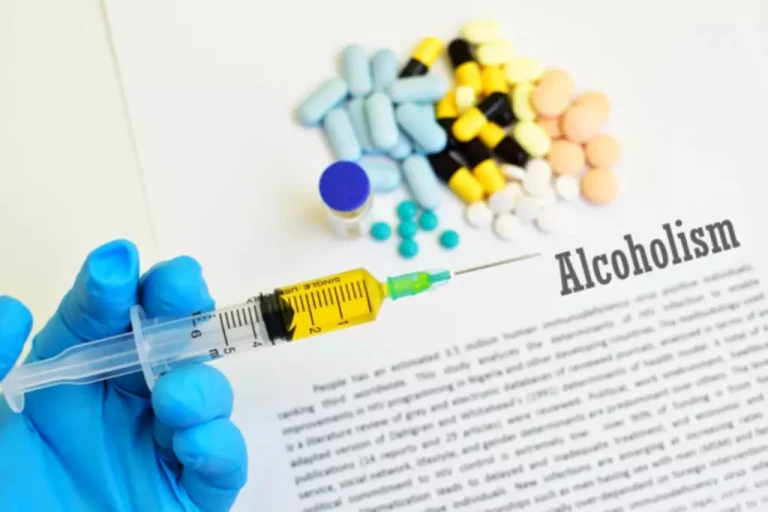Several annual Lowell events and large meetings and conventions also take place at Tsongas Center, including the Massachusetts Democratic Convention. We also offer support with other programs like food stamp assistance, when needed and applicable. And, each location is near MBTA transportation, making it easier for guests to get to work or other places they need to be to support their maintained recovery. New Beginning Recovery is committed to making the recovery and safety of our guests our number one priority. Community Health Care offers outpatient treatment for individuals dealing with o…
Life skills teaches the practical necessities of functioning in society, which sets clients up for success in life, and therefore sobriety. The primary role of a rehab facility is to help the addict recover from substance abuse. Depending on the rehab or treatment center this may be done through a traditional medication and guided support approach, through a more spiritual approach, or a combination of both. Much of the confusion arises due to the widely known practice of inpatient rehabilitation or “short-term residential treatment” where patients undergo rehab treatment in an in-house, residence-type facility.
You may worry that once you’re clean and sober you won’t have any friends or that people will decide they don’t want to be around you because you no longer engage in the same activities they do. You will, however, most definitely lose people that were in your life because of things or behaviors related to your addition. Some, however, may just need an adjustment period to get used to the new you. Likewise, you may need a break from some of them in order for you to adjust – to them and to your new sober lifestyle. The new you, clean and sober, will have so much more to offer that you will be amazed at how it will inject new depth into existing relationships and the quality of new friendships you will attract.
So, sober living environments provide a safe and supportive place for recovering addicts to live during their first months sober and often times much longer, should they so choose. New Beginning Recovery, located in Somerville, Massachusetts is a private alcohol and drug rehab that offers treatment for a variety of substance abuse addictions including alcoholism and opiate addiction. They offer residential care providing long term support for addiction recovery. Additional levels of care offered include relapse prevention, recovery housing, and 12-step therapy. Research clearly demonstrates that recovery is far more successful and sustainable when loved ones like family members participate in rehab and substance abuse treatment. Genetic factors may be at play when it comes to drug and alcohol addiction, as well as mental health issues.
SOBER LIVING
New Beginning Recovery offers inpatient treatment for individuals with alcohol and/or substance addiction. Stress is a part of life whether you’re in recovery or not. But people living in recovery learn that trying to avoid all stress doesn’t work. They learn that it’s developing strategies for managing it that lets you cope. You can help a loved one deal with stress and avoid stress-induced relapses by being there to listen, talk, and help them process stressful experiences.
- Check out more about living a sober lifestyle and how we support sober living in our Sober Living Blog.
- Our East Boston house is a comfortable, conveniently located home where you’ll fit right in with our sober family.
- These include time management, career guidance, money management, and effective communication.
- Our somerville house is close by the MBTA red line or orange line.
- And, to make sure that we are maintaining a sober environment our guests are all required to attend at least three outside AA/NA or similar meetings per week.
Fun things to do, Sober, in East Boston
Treatment empowers individuals to manage these issues without the use of drugs. Our East Boston house is a comfy three family home with three individual apartments all living together as one sober family. Because we understand that living a clean and sober life can only happen when you’re living a life, unlike other sober homes our approach allows for overnights and working full time is permitted instantly. Our Somerville home is a semi modern two family with a gigantic living room and a great group of residents. It has a great reputation and recovery record with the longest average length of stay for any of our sober home communities.
- In addition, halfway houses usually have limitations on how long a resident can stay.
- Much of the confusion arises due to the widely known practice of inpatient rehabilitation or “short-term residential treatment” where patients undergo rehab treatment in an in-house, residence-type facility.
- In many cases, addiction to drugs or alcohol takes hold because of one or all of these underlying issues.
- Our homes in Lowell are comfortable and convenient, and provide a supportive, sober-focused family community.
- New Beginning Recovery’ zero tolerance also means if a resident has just one positive test that resident is immediately discharged from the house.
Medford Sober Living
Though at New Beginning Recovery we know that maintaining a sober lifestyle requires not only a safe environment with sober housemates, but also continued effort toward sobriety. And, to make sure that we are maintaining a sober environment our guests are all required to attend at least three outside AA/NA or similar meetings per week. We steer them to obtain an AA/NA sponsor within the first four weeks of residence, if they don’t already have one, insist they call the sponsor regularly. But one of the key factors that should not be overlooked is the importance of taking care of yourself to the ability to maintain your sobriety. In addition, a sober home provides a lot more than a transitional living environment; many are focused on sound, well accepted recovery methodology and sobriety or 12-step programs. Many sober homes require residents to take random or scheduled drug tests and demonstrate that they are taking the actions that are known to help achieve long-term sobriety.
Level of Care
Learning the healthy coping skills to deal with the pain and struggle that life sometimes presents is key to not only getting sober but to maintaining a healthy and sober lifestyle. Substance rehabs focus on helping individuals recover from substance abuse, including alcohol and drug addiction (both illegal and prescription drugs). They often include the opportunity to engage in both individual as well as group therapy. In many Sober homes there is no requirement for the New Beginning Recovery resident to have just completed or currently be enrolled in a structured rehab program.
Click the link to learn more about our Somerville location. New Beginning Recovery is a sober home only and we do not provide addiction services or addiction treatment of any kind. | © New Beginning Recovery LLC | Terms | BWG | All Rights Reserved. Living in one of our sober houses aids the sometimes difficult transition of reentering the community as a newly sober person. TermThe Weekly Guest fee covers a 7-day period from Friday to Friday. Upon acceptance you will be credited for this weekly fee and registration fee payment and will need to provide an additional prorated amount to cover for the period from your Intake day to the next Friday.
They are also characteristically dependent on government funding and control, and as such vulnerable to funding cuts. Acceptance as a guest and assignment of a room is based on availability and is solely at the discretion of New Beginning Recovery personnel. Payment of a room rate and/or registration fee through the Apply Online form does not guarantee a room assignment but will hold your space on the waiting list. Should there be an availability we will contact you to determine your eligibility and acceptance. If you are not accepted and/or assigned a room, your payment made through the Apply Online form will be refunded minus a credit card processing fee of 5%. All payments are nonrefundable once a guest has been accepted.
Try not to dwell on bad memories or drudge up hurtful things like “it was really hard on the family when she was an addict.” Instead, refocus that energy into being there for your loved one and your relationship now. New Beginning Recovery homes are staffed by experienced House Managers who monitor the guests in a supportive way to ensure everyone is continuing the right road to recovery. Our house managers all have extensive experience in managing the sober home environment. They have a 1st hand understanding of the challenges our guests face on their recovery journey.
This may seem less critical to people in physically active jobs, but scheduling time for leisure exercise is important to help you de-stress. Whistler House Museum of ArtHome of the Lowell Art Association, the museum was originally the birthplace of the artist James Abbott McNeill Whistler. The museum houses a collection of works from 19th and early 20th century New England artists and holds frequent contemporary and historical fine arts exhibitions. Once known as the cradle of the American Industrial Revolution, dueto former textile mills and factories, itis now a modernized community with a blend of urban amenities and suburban charm.
The fears can be dispelled and while they may be real fears, none of them are valid enough to prevent you from making the choice you need to make. You’ll find the pattern will hold for any fear or concern you may have. Maintaining sobriety is the most important aspect of life for a recovering alcoholic or drug addict.
But part of their recovery is learning to embrace a sense of independence and self-responsibility. It may be necessary to establish boundaries from the outset, so both you and your family know how far is too far when it comes to “checking in”. A support professional or group like Al-Anon is a good place to seek guidance together.
Davis SquareMore than a night life spot, Davis Square boasts an eclectic mix of restaurants and coffee shops that draw a young crowd. The landmark Somerville Theatre showcases indie films and houses the Museum of Bad Art in the basement. Just two miles north of Boston Somerville was named the best-run city in Massachusetts by the Boston Globe in2006. This was partially dueto innovation and efficiency for their 311 customer service helpline and a data-driven style of managing government services they call SomerStat.











